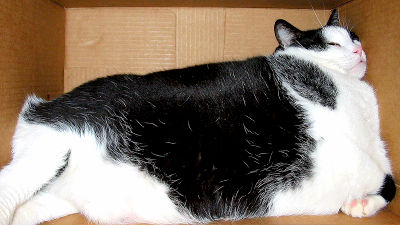Is it true that people like people who are the opposite of them?

It has been said for a long time that ``we are attracted to people who are the opposite of us or people who have something different from us'' as a common theory for becoming a better couple or partner. However, a research team led by University of Colorado psychologist Tanya Horowitz reports that in reality, people are often attracted to people who are similar to themselves.
Evidence of correlations between human partners based on systematic reviews and meta-analyses of 22 traits and UK Biobank analysis of 133 traits | Nature Human Behavior

News flash: Opposites don't actually attract | CU Boulder Today | University of Colorado Boulder

Opposites attract? Usually not, according to a new study • Earth.com
The researchers analyzed 22 characteristics investigated in 199 studies of millions of couples conducted from 1903 to the present day. At the same time, we analyzed 133 characteristics observed in approximately 80,000 opposite-sex couples using the UK Biobank dataset.
The analysis showed strong correlations between measures such as political and religious attitudes, education level, IQ, and frequency of smoking and drinking between couples. Additionally, there was a slight positive correlation among characteristics such as height, weight, chronic illness, and personality. In other words, it was found that people with a high IQ tend to socialize with people who also have a high IQ, and people who smoke frequently tend to socialize with people who also smoke frequently.

On the other hand, no correlation was found between couples regarding traits such as extraversion and introversion. Horowitz says, ``There are various theories that extroverts like introverts, or that extroverts like other extroverts, but in reality, the extroversion or introversion of the person they bond with is different. Gender has nothing to do with it.”
As a result of the research team's analysis, it was suggested that there is ``no convincing evidence'' regarding the theory that opposites attract. However, negative correlations were found for characteristics such as morning and night owls, feelings of anxiety, and the presence or absence of hearing impairment.
Matt Keller, from the research team, said: ``Many traditional genetic models assume that human mating is random, but this study suggests that this assumption is probably wrong. ” he said. This research points out that it may have a major impact on the concept of ``assortative mating,'' in which individuals with similar characteristics tend to partner with each other.

However, the research team cautioned that ``the correlations we discovered are fairly modest and should not be exaggerated or misused to unduly promote this agenda.'' 'We hope this study will spark further research,' Horowitz said, adding, 'We hope that third parties can use this data to do their own analysis and find out how people are doing. I hope that it will shed light on how we bond as couples and partners.'
Related Posts:
in Science, Posted by log1r_ut







